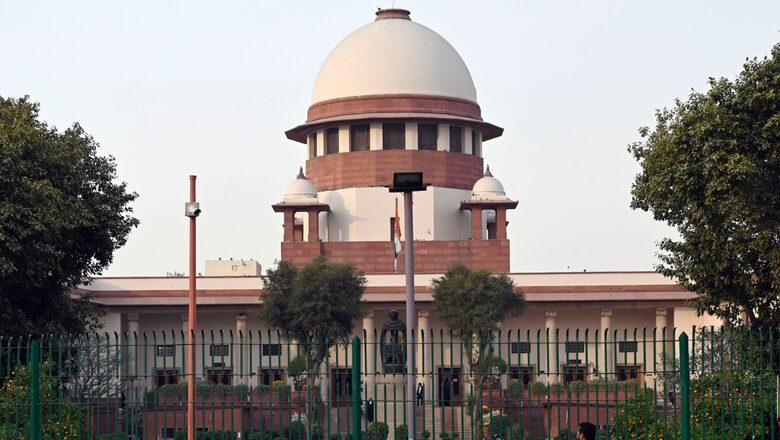
views
The Supreme Court has held that neighbours of a man, booked in a dowry harassment case, cannot be made accused under Section 498A of the Indian Penal Code.
A bench of Justices Aniruddha Bose and Sanjay Kumar quashed the summoning order and allowed an appeal by Ramesh Kannojiya and another man against the Uttarakhand High Court’s order. The appellants were aggrieved with their implications in a case registered under relevant sections of the IPC and the Dowry Prohibition Act, 1961.
They said they are neighbours of the accused man and had simply facilitated the marriage between him and the complainant. Their argument was that they are not the accused man’s relatives and, hence, they cannot be implicated in any offence punishable under Section 498A of the IPC.
The high court had, however, dismissed the petition for quashing the FIR. In their plea, the appellants have relied on the SC judgment in two cases from 2009 and 2010. In 2010 case, the bench stated that reference to the word “relative” in Section 498A, IPC will only be limited to blood relations or relations by marriage.
“Relying on the dictionary meaning of the word ‘relative’ and… the court went on to hold that Section 498A IPC being a penal provision would deserve strict construction and unless a contextual meaning is required to be given to the statute, the said statute has to be construed strictly,” the bench quoted from the judgment.
“In such circumstances, we modify the judgment assailed in this appeal and quash the summoning order as against the appellants so far as the allegation of commission of offence under Section 498A of the IPC is concerned,” the bench stated.
The court, however, said so far as other offences are concerned, the prosecution of the appellants should proceed as per law. The HC in the case had dismissed the application by the appellants after noting that there was no proper assistance from their counsel.
“In the light of the actual controversy involved in a Section 482 application, and there cannot be only an oral assertion at the behest of the counsel for the applicants that the issue stands covered by the certain judgments, without placing the same before the court,” the HC had said.




















Comments
0 comment